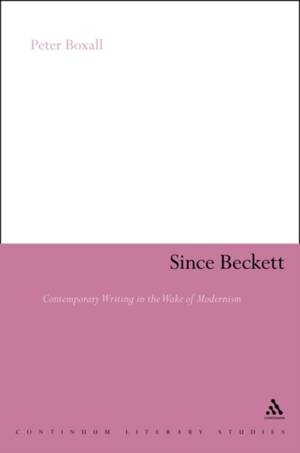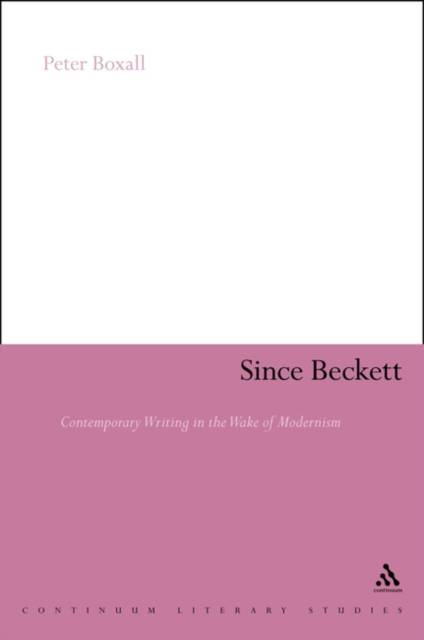
- Afhalen na 1 uur in een winkel met voorraad
- Gratis thuislevering in België vanaf € 30
- Ruim aanbod met 7 miljoen producten
- Afhalen na 1 uur in een winkel met voorraad
- Gratis thuislevering in België vanaf € 30
- Ruim aanbod met 7 miljoen producten
Omschrijving
Samuel Beckett is widely regarded as 'the last modernist', the writer in whose work the aesthetic principles which drove the modernist project dwindled and were finally exhausted. And yet despite this, it is striking that many of the most important contemporary writers, across the world, see their work as emerging from a Beckettian legacy. So whilst Beckett belongs, in one sense, to the end of the modernist period, in another sense he is the well spring from which the contemporary, in a wide array of guises, can be seen to emerge.
Since Beckett looks at a number of writers, in different national and political contexts, tracing the way in which Beckett's writing inhabits the contemporary, while at the same time reading back through Beckett to the modernist and proto-modernist forms he inherited. In reading Beckett against the contemporary in this way, Peter Boxall offers both a compelling re-reading of Beckett, and a powerful new analysis of contemporary culture.
Specificaties
Betrokkenen
- Auteur(s):
- Uitgeverij:
Inhoud
- Aantal bladzijden:
- 256
- Taal:
- Engels
- Reeks:
- Reeksnummer:
- nr. 201
Eigenschappen
- Productcode (EAN):
- 9781441178138
- Verschijningsdatum:
- 5/01/2012
- Uitvoering:
- Paperback
- Formaat:
- Trade paperback (VS)
- Afmetingen:
- 156 mm x 234 mm
- Gewicht:
- 349 g

Alleen bij Standaard Boekhandel
Beoordelingen
We publiceren alleen reviews die voldoen aan de voorwaarden voor reviews. Bekijk onze voorwaarden voor reviews.







